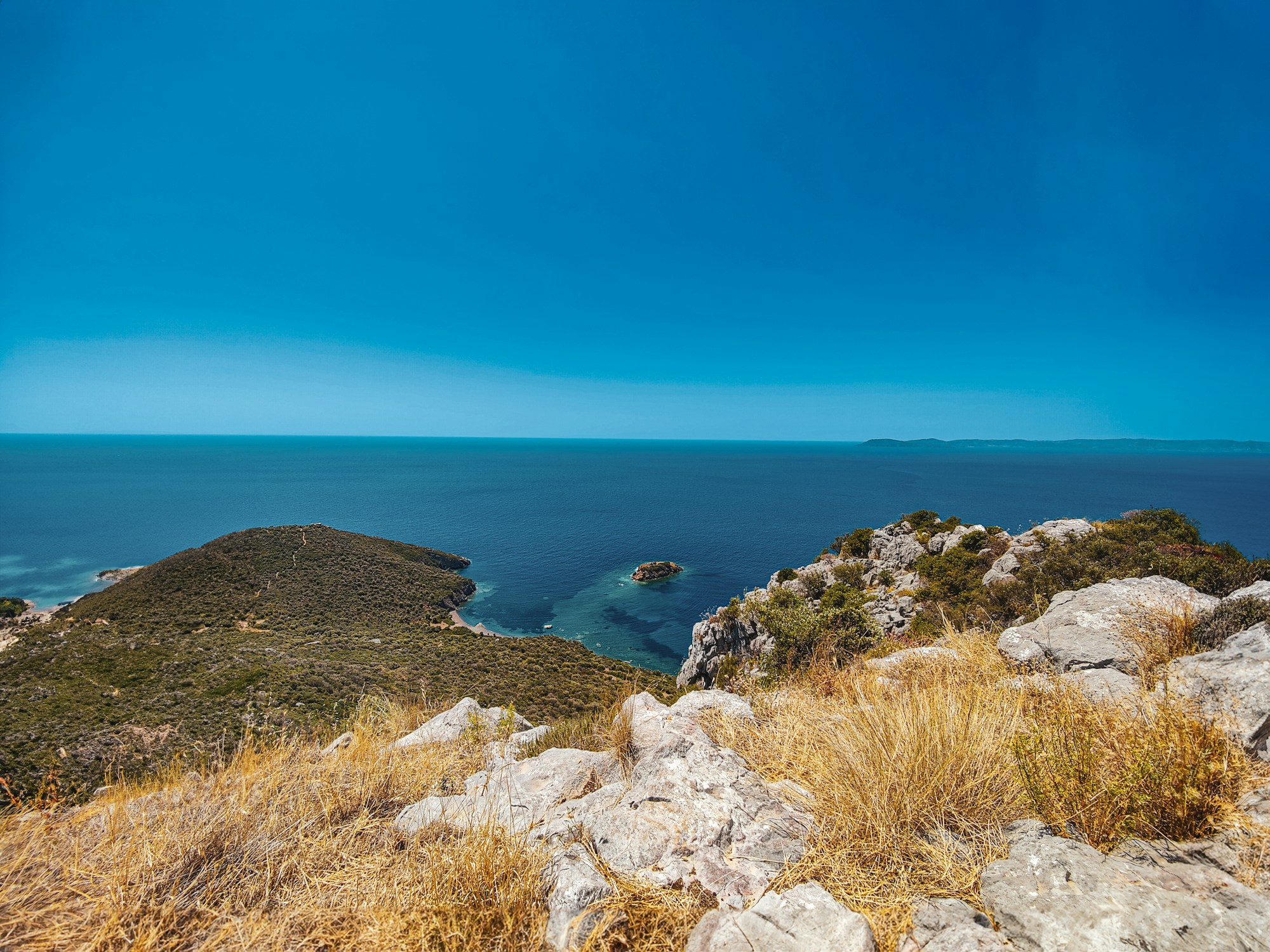Explore Toroni: History, Traditions, and Festivals Guide
Discover Toroni's rich history, vibrant traditions, and lively festivals in our comprehensive guide.

Toroni Travel Guide
Explore Toroni: History, Traditions, and Festivals Guide
Introduction
Welcome to Toroni, a historically rich and culturally vibrant village located in the Sithonia peninsula of Halkidiki, Greece. This picturesque locale offers stunning beaches, captivating ruins, and a glimpse into traditional Greek life. Whether you're a history buff, a beach lover, or a cultural enthusiast, Toroni has something to captivate your interest.
Historical Context
Toroni is steeped in history that dates back to ancient times. The town was founded by the Phoenicians and later thrived during antiquity as a significant city-state in Macedonia. It played crucial roles during the Persian Wars and the Peloponnesian War, often finding itself at the crossroads of larger geopolitical conflicts.
One of the most renowned historical features of Toroni is its ancient acropolis, known as Lecythus. The ruins here unveil stories from centuries past, offering a glimpse into the lives of Toroni's ancient inhabitants. Archeological excavations have unearthed various artifacts, including pottery, coins, and tools, adding to the town's rich historical tapestry.
Traditions and Cultural Practices
Toroni's traditions are deeply entrenched in its Hellenistic roots and are evident in various aspects of daily life.
Architecture
Walking through Toroni, you can see a blend of ancient ruins and traditional Greek architecture. Whitewashed houses with blue shutters, narrow cobblestone streets, and vibrant bougainvillaea offer a charming and authentic atmosphere.
Gastronomy
Toroni offers a treat for the taste buds with its rich culinary traditions. Fresh seafood is a staple, often served with local wines and olive oil. Traditional dishes include:
- Moussaka: A layered eggplant or potato-based dish that includes ground meat and béchamel sauce.
- Souvlaki: Skewers of grilled meat, typically served with pita bread, tomatoes, and tzatziki sauce.
- Baklava: A sweet pastry made of layers of filo filled with chopped nuts and honey.
Music and Dance
Music and dance are integral parts of Toroni's cultural heritage. Traditional Greek music, often featuring instruments like the bouzouki and lyra, sets the stage for lively dances such as the Syrtaki and Kalamatianos. Locals and visitors alike partake in these joyous occasions, celebrating life's simple pleasures.
Festivals and Events
Toroni hosts several festivals throughout the year, each offering a unique opportunity to experience the local culture.
Feast of Saint Paraskevi
One of the most notable events in Toroni is the Feast of Saint Paraskevi, celebrated on July 26. This religious festival honors the town's patron saint and features a mix of religious ceremonies, music, dance, and local cuisine. The highlight is the traditional Panigiri—a communal feast where residents gather to share food and drink.
Carnival
The pre-Lenten Carnival is another major event in Toroni. Marked by colorful parades, elaborate costumes, and street performances, the Carnival is a vibrant display of local customs and creativity.
Wine Festival
Held annually in late summer, the Wine Festival celebrates Toroni's winemaking traditions. Local vineyards showcase their best wines, accompanied by food stalls, live music, and dance performances.
Local Anecdotes and Interesting Facts
Here are a few intriguing tidbits that add to the allure of Toroni:
- Legend of the Sleeping Giant: According to local lore, the hills surrounding Toroni are said to resemble a sleeping giant who protects the village from harm.
- Shipwrecks: Toroni's waters are home to several shipwrecks, some dating back to antiquity. These underwater sites offer exciting opportunities for diving enthusiasts.
- Hidden Beaches: While Toroni's main beach is well-known, there are several hidden coves and secluded beaches accessible by foot or boat, perfect for those seeking solitude.
